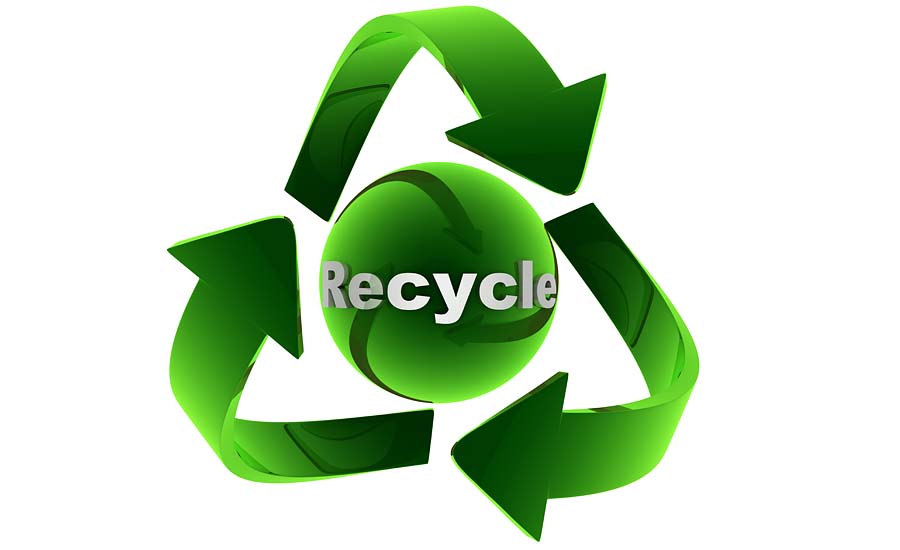Danone, France, announced a series of new commitments and actions to ensure its packaging will become 100% circular and to accelerate the global transition toward a circular economy of packaging.
"We believe the time is now to step up and accelerate, embrace our responsibility and work with others to engage a radical shift that will help free the world from packaging waste. We will be acting both at global and local level to ensure circularity of packaging becomes the new norm. Today, we are announcing a series of investments and commitments that I believe will have a concrete impact. These will be amplified as we collaborate with industry peers, governments, NGOs, start-ups and the finance sector; harness new technologies and invest in new solutions," says Emmanuel Faber, chairman and CEO.
Danone will accelerate transition toward a circular economy of packaging in three ways:
1. Packaging designed for circularity
Danone commits to ensure that all packaging is designed to be 100% recyclable, reusable or compostable by 2025. Moreover, the company will develop alternative delivery models or new reuse models where relevant, and take action to eliminate problematic or unnecessary plastic packaging.
Currently, 86% of Danone’s packaging is recyclable, reusable or compostable, and 50% of water volumes are sold in reusable jugs.
As part of its efforts, Danone will launch alternatives to plastic packaging or single-use packaging in all major water markets by 2025, and is assessing alternatives to plastic straws through a pilot program to be launched in 2019.
2. Reused, recycled and composted in practice
Effective collection and recycling systems are essential to ensuring packaging is recycled, reused or composted in practice.
To achieve this, Danone will actively help to meet, or go beyond, the collection targets set by regulators, such as the minimum 90% collection target for beverage bottles expected to be set in the EU for 2025. To do this, Danone will support collection and recycling systems, including Extended Producer Responsibility and Deposit Return Scheme systems, when relevant.
Danone will also invest in private initiatives that strengthen circular infrastructure, especially in countries where formal systems are absent or in development or where there is a high risk of leakage into the environment. By 2025, Danone will have initiated or supported collection and recycling initiatives in every one of its Top 20 markets (representing around 90% of sales).
3. Preservation of natural resources
Transitioning to a circular economy means seeking to no longer use packaging from finite resources. This helps preserve natural resources and keep existing packaging materials in use and out of nature.
Using recycled content is a key component of this. Today, Danone uses 14% of recycled PET on average in our water and other beverage bottles; by 2025, it will increase this amount to 50%.
In parallel, Danone will develop the use of renewable, bio-based materials thanks to a joint project with Nestlé USA, Arlington, Va.; PepsiCo, Purchase, N.Y.; and Origin Materials, West Sacramento, Calif., to bring what is said to be the first 75% bio-based bottle to commercial scale by 2021, aiming to launch 100% bio-based bottles by 2025.
4. New alliances address root causes of plastic waste and pollution
Collaboration is the cornerstone of success when it comes to circular economy.
As part of this effort, Danone will join others making a global commitment, led by the Ellen MacArthur Foundation, in collaboration with UN Environment Program, other businesses, NGOs and governments, to address plastic waste and pollution.







